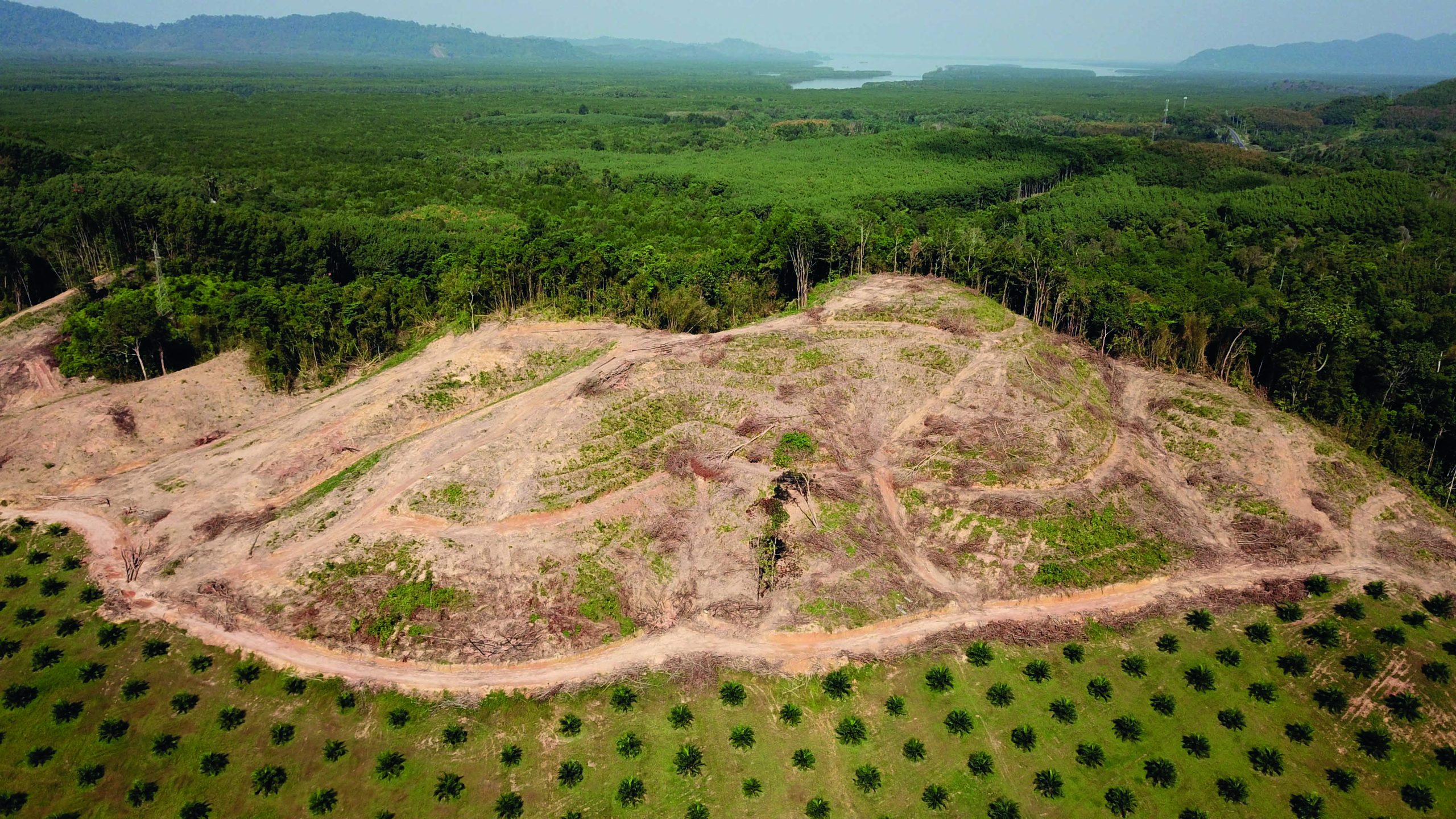Food Systems and Planetary Goals: Two Inseparable Policy Agendas

"The message for policymakers is, there is no viable future for food systems, or for the survival of populations, unless climate change and the current degradation of the planet's environmental services and resources are addressed and reversed."
The Brief
The Global Panel on Agriculture and Food Systems for Nutrition has published a new policy brief, Food systems and planetary goals: two inseparable policy agendas. It presents evidence to show how food systems have no viable future without delivering on climate change and planetary goals, but conversely how these policy agendas cannot be realised without addressing the unsustainable food systems that continue to damage planetary and human health.
Focusing on low- and middle-income countries, the brief reviews recent policy developments, recognising some welcome steps, but overall painting a picture which falls far short of what is required.
The brief argues that, in addition to their role in addressing climate change, food systems must become more sustainable and operate within a set of at least eight planetary boundaries: biodiversity loss, land use change, freshwater use, ocean acidification, stratospheric ozone, global phosphorus and nitrogen cycles, chemical pollution, and atmospheric aerosol loading (i.e. the 1.5+ agenda).
It presents a range of recommendations for policymakers and emphasises the substantial opportunity to make progress at a series of international events and COPs.
Recommendations
The brief recommends that:
- Targets need to be established and agreed for all dimensions of the ‘1.5+’ agenda and political aspirations must be transformed into realistic, measurable and transparent plans.
- Food system transformation needs to be explicitly embedded in NDC’s and NAPs, for example Global Methane Pledge and the UN Convention of Biological Diversity.
- We need bold action, rather than incremental change, which is n o longer an option.
- Much more emphasis needs to be given to the broader food system beyond the farm gate, including food processing, retail and the food environment.
- Demand side actions require more focus, encouraging consumers to make healthy food choices and reducing waste. It has been estimated that a shift towards sustainable, healthy diets would help reduce health and climate change costs by up to US$ 1.3 trillion
- Innovation needs to be a priority, it has the potential to create new ideas, technologies and high-quality jobs.
- Leaders in LMICs need to urgently plan for the worst, that 1.5° could be breached before 2050.
- Policy makers need to build long-term resilience into their pathways to food system transformation. Unless food systems can adapt to a more turbulent world, efforts to address long-term targets around ‘1.5+’, as well as nutrition and health, risk being constantly derailed by successive crises.
- There may be merit in establishing a leadership group’ in the 1.5+ space similar to the Beyond Oil and Gas Alliance (BOGA)
Key opportunity for progress at COP28
The forthcoming COP28 meeting in Dubai is a substantial opportunity to align national food system transformation pathways with the wider ‘1.5+’ agenda, particularly to benefit low- and middle-income countries. These include:
- Redouble efforts to limit global warming to the minimum possible. This means a commitment to finally establishing viable pathways to keeping below 1.5 degrees.
- Build resilience of food systems to climate change and other environmental stresses, targeting the poorest and most vulnerable communities.
- Reform subsidies and incentives that are acting as barriers to the reform of food systems in pursuing the 1.5+ agenda.
- Facilitate trade and development policies that promote more sustainable food systems, and better access of populations to affordable, healthy diets.
- Reaffirm and deliver on international financial commitments and significantly increase finance and investment from public and private sources. Finance for climate adaptation in LMICs needs to be a particular priority.
"There is no place for us on the equator in a world where temperatures rise by more than 1.5 degrees, even now we are struggling."
Dr Agnes Kalibata, Global Panel member and President of AGRA
